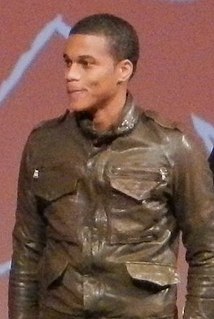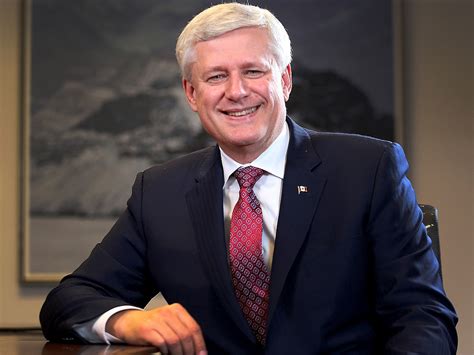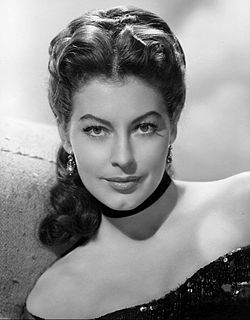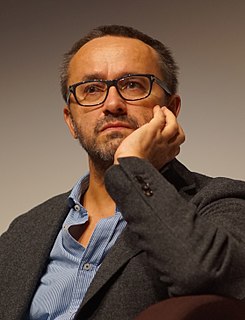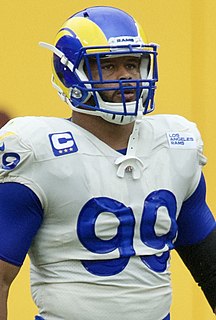A Quote by Pedro Almodovar
The challenge to me as a director was for the audience to see the film as going on in a straight line, so that they did not sense all of these break-ups. I did not want a film to be a collage of all these images.
Related Quotes
I think the biggest challenge was being aware of a certain audience that was going to see this film [lone survivor]. There's a big difference from a typical movie, journalists and critics and film goers that go see it find that, that's the general experience you have as a filmmaker. So that just kind of proves my point that there's a really different audience.
I loved making The Imitation Game and it's really gratifying to hear the audience's response to the character that I play. It was just a little thing that I did because I really liked the film and I liked Benedict [Cumberbatch] and I loved Morten's [director Morten Tyldum] previous film, Headhunters. For me, it was something I did thinking, "Wow, this is a lovely quality piece of work."
Me and Kirby are very collaborative and it changes from film to film. The first project we worked on together, Derrida, we co-directed. The last film Outrage, I was the producer and he was the director. This film was much more of a collaboration - he is the director and I am the producer - but this is a film by both of us.
Before writing a single note of music, and even before the spotting session, I find it best to sit down with the director and just listen to him or her talk about the film - what they're trying to say, what they want the audience to understand or believe, and a thousand other similar questions. The director has most likely been living with the film for years before a composer is attached, and so the director's inclinations, desires, and understanding of the film are paramount.
I've always loved theatre because it's so immediate. The challenge of it is that, career wise, it's easier to get traction in the industry if you do film and TV because the audience is larger, and because the work can be seen for a longer period of time. I did solid work in a series of regional and Off-Broadway shows, but the work I did on TV or film will have a longer life with a larger audience (and with services like Netflix). Ultimately, there's something intimate about TV, because the storytelling and the actors come home with the viewer. It can be powerful because of that.
It's very important that a film that intends to play tricks on the audience... has to play fair with the audience. For me, any time you're going to have a reveal in the film, it's essential that it have been shown to the audience as much as possible. What that means is that some people are going to figure it out very early on. Other people not til the end. Everybody watches the film differently.







